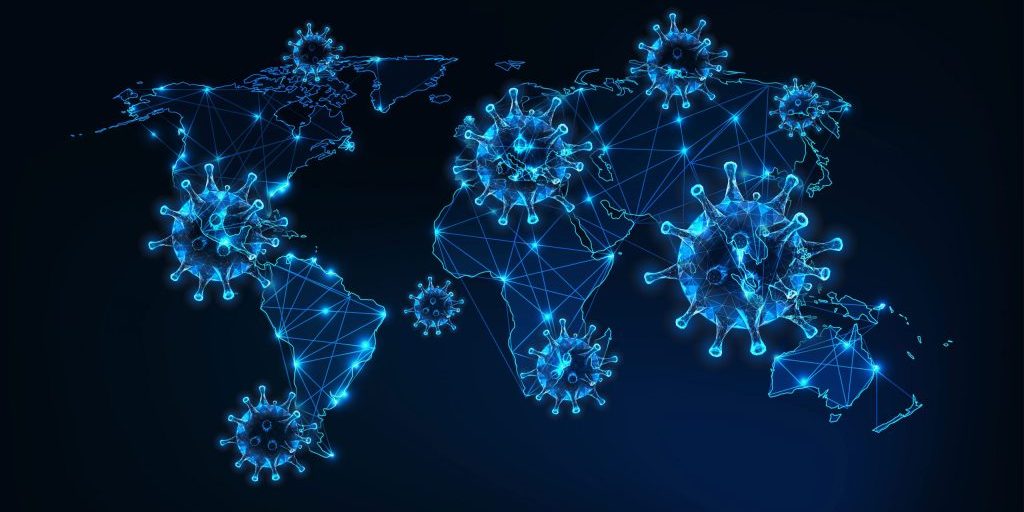Before COVID-19 became a global pandemic, the growing consensus among analysts was that we were entering a period of deglobalization. According to economic analyst Mohammed el-Erian, deglobalization was taking place because, by the 2000s, the adverse economic impact of globalization had become apparent to the Western middle class. Secondly, the United States-China trade war saw rising tariffs and a call for rebuilding national manufacturing capabilities. The COVID-19 pandemic was the last nail in the coffin, as countries adopted highly individualistic and nationalistic policies that put national interest above any global concerns.1 Coupled with the perceived drive to deglobalization is the fact that we have re-entered an era of great power competition with the 2017 National Security Strategy clearly stating that both Russia and China are revisionist powers that challenge American primacy and that, “… want to shape a world antithetical to U.S. values and interests. China seeks to displace the United States in the Indo-Pacific region, expand the reaches of its state-driven economic model, and reorder the region in its favor.”2 What this article argues is that true security in the emerging international system will require precisely those aspects of globalization that the critics decry because no single country can effectively tackle such a complex and deadly threat as the COVID-19 pandemic through strictly national measures. Further, the emerging great power competition is one not just of military and economic rivalry but, much in the same way as during the Cold War, it is a struggle between different ways to organize societies and particularly to deliver goods and services efficiently and justly. With the latter in mind, how the United States and its allies and partners lead the response to COVID-19 will have an impact on the outcome of global power relationships. If China provides better solutions on dealing with the pandemic, then it will be able to undercut the American-created liberal international order. To discuss this issue, we need to first explain what globalization is and why, in a COVID-19 world, it provides security solutions to the challenge posed by the disease.

National Defense University
January 27, 2022 | Originally published by National Defense University on January 20, 2022
Focus Areas
Want to find out more about this topic?
Request a FREE Technical Inquiry!

